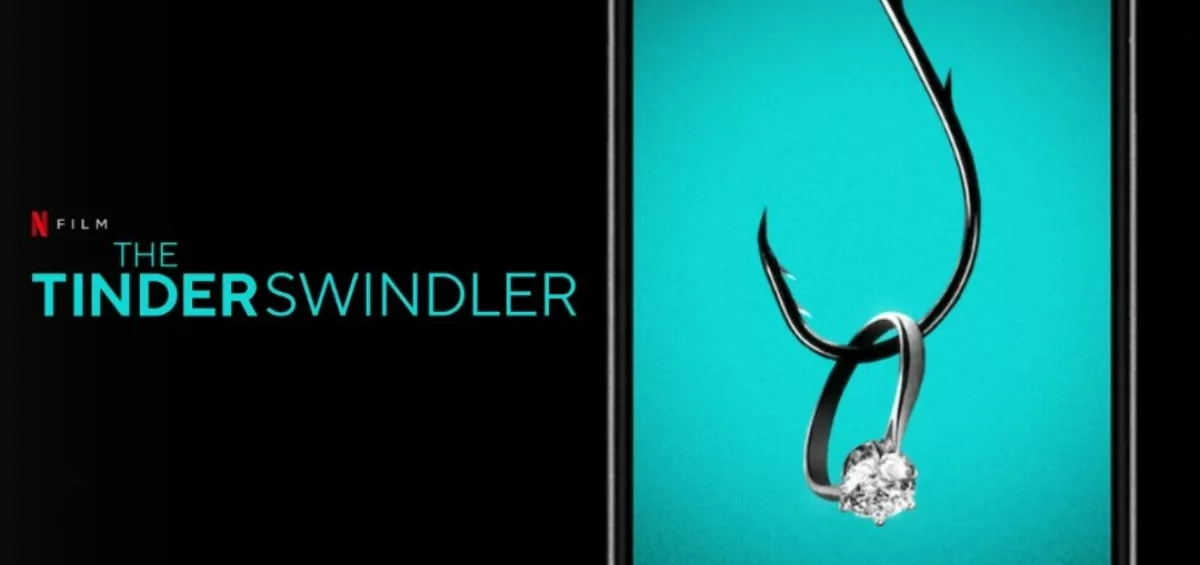Described as a ‘gobsmacking’, ‘shocking’, ‘must-see’ documentary The Tinder Swindler was a very sobering watch. Simon Leviev, real name Shimon Hayut, was a prolific conman but his story, whilst it may seem unreal, is not unique.
Every day, people from all walks of life are targeted by sophisticated scammers with the same Tinder Swindler magnetism that makes the implausible seem plausible, making this, as referred to in the Netflix documentary, “The Perfect Scam”.
Sadly, romance scams skyrocketed during the pandemic as more and more people looked for love online. But whilst the case of ‘Simon Leviev’ serves as a cautionary tale for most it’s a harsh reality for some.
CEL Solicitors is acting for hundreds of fraud and scam victims who’ve sent money from UK banks to con-artists, who make a living from duping people out of their hard-earned cash. This includes Elizabeth, from Glasgow, who lost £120,000 in a romance scam.
So, who is Simon Leviev?
Simon Leviev, real name Shimon Hayut, is originally from Bnei Brak in Israel. The 31-year-old Israeli is a con-artist who pretended to be the son of a wealthy diamond mogul named Lev Leviev.
Using his ill-gotten gains, he posed as the CEO of LLD Diamonds, a role he said had been given to him by his father. However, he had no connection to the Russian Israeli billionaire.
Jet setting around the world he loved bombed his victims, giving them a taste of his lifestyle, before convincing them his life was in peril and asking them for financial help.
Who were Simon Leviev’s victims?
Cecilie Fjellhøy, Pernilla Sjöholm and Ayleen Charlotte bravely spoke out about Simon Leviev and featured in the Netflix documentary on the Tinder Swindler. However, it’s believed he conned many more people, netting himself an estimated £10 million.
In the case of Cecilie Fjellhøy, Pernilla Sjöholm and Ayleen Charlotte he convinced them he was a jet-setting businessman, often flashing his cash to gain their trust, before convincing them he was in danger and going on to defraud them out of hundreds of thousands of pounds.
Commenting on the documentary, Chloe Roche, fraud team leader at CEL Solicitors, said: “It was encouraging to see Netflix treat the Tinder Swindler victims with such compassion. It can and does happen to people from all walks of life so people should never be embarrassed to seek help”.
Where is Simon Leviev now?
After being caught for unrelated crimes, Simon Leviev was sentenced to fifteen months in prison in Israel but was released, for good behaviour, after just five months. However, he hasn’t been prosecuted for his crimes overseas that left multiple people in financial ruin.
Cecilie Fjellhøy, Pernilla Sjöholm and Ayleen Charlotte are still paying off the debts they incurred because of this scam. Meanwhile, he still maintains a lavish lifestyle and has reportedly found love with an Israeli model.
Chloe Roche, fraud team leader at CEL Solicitors, said: “The emotional and financial damage romance scammers inflict on their victims is truly heart-breaking. We help victims of scams to recover their money and have seen a number of scams straight out of the Tinder Swindler playbook. It’s shocking but it’s not uncommon so people should be vigilant when starting relationships online”.
A Tinder Swindler Warning
According to Action Fraud romance scams rose by 40% during the UK lockdowns. It was estimated that £73.9 million was lost during this period, with the UK’s national reporting centre receiving 7,754 reports.
However, this is believed to be the tip of the iceberg as many people are too embarrassed to come forward and often blame themselves for being duped despite the level of sophistication and manipulation scammers use.
“Now is the time to be most vigilant” continued Chloe, “people who strike up online relationships between Christmas and Valentine’s Day tend to be more susceptible to romance scams. After scammers spend weeks gaining their victims’ trust the National Fraud Intelligence Bureau (NFIB) typically sees a spike in cases in March from people who’ve been targeted earlier in the year. Our advice would be to never send money to a romantic partner and always seek advice if you think you’ve been scammed.”













